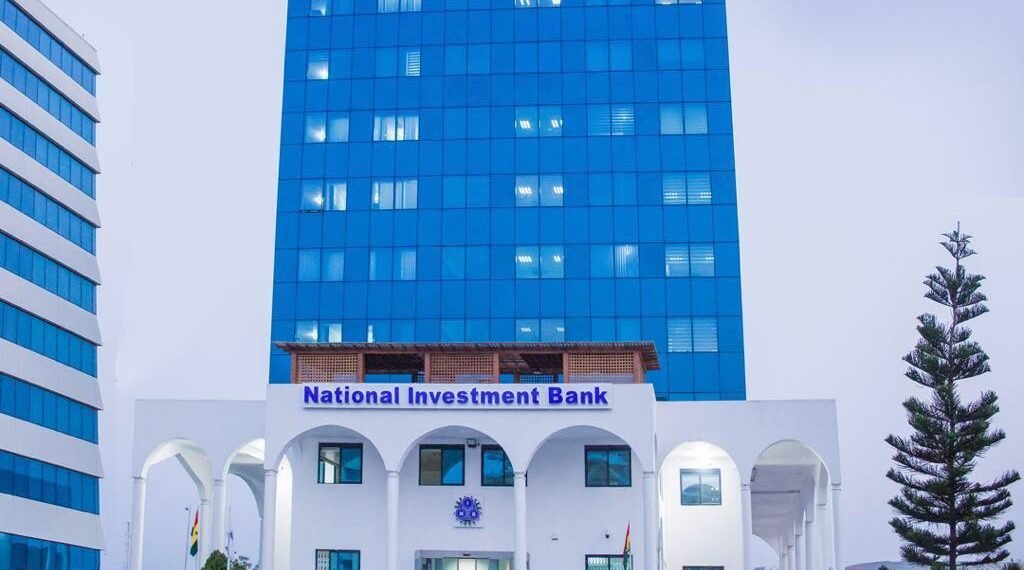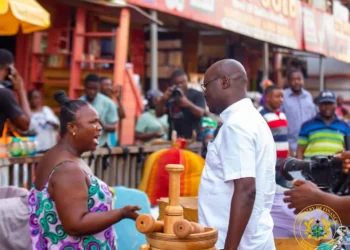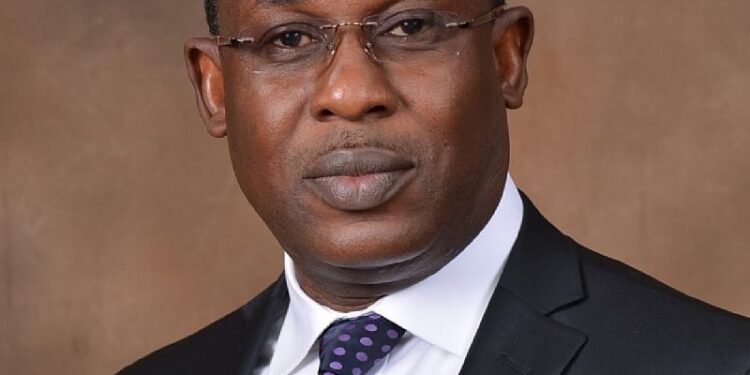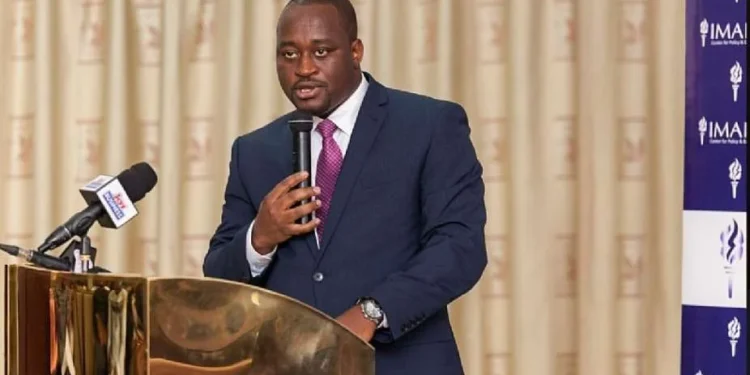The Finance Minister, Dr. Cassiel Ato Forson, has announced the successful turnaround of the National Investment Bank (NIB), a key state-owned financial institution that had long struggled with insolvency and mismanagement.
Thanks to a comprehensive recovery plan that injected a staggering GH¢2.45 billion into the bank, over 900 direct jobs have been saved, and the institution has returned to financial health—restoring confidence in its capacity to support Ghana’s industrial and commercial growth.
Just a year ago, the NIB’s financial standing was dire. Following years of neglect and inadequate reforms, the bank ended 2024 with a Capital Adequacy Ratio (CAR) of negative 53.13%—a figure that symbolized deep-rooted insolvency and a looming collapse. According to Dr. Forson, this crisis was inherited from the previous administration, which had poured GH¢30.3 billion into a general financial sector clean-up without addressing the underlying issues facing key state banks like NIB.
At the time, the bank was on the verge of total institutional failure, with its ability to support Ghanaian businesses hanging by a thread. The looming collapse also threatened thousands of livelihoods, including the 900 workers whose jobs were directly linked to NIB’s operations.
A Targeted Recovery Plan
Recognizing the strategic importance of NIB to the national economy, the Ministry of Finance rolled out an ambitious rescue package aimed at full recapitalization and institutional restructuring. According to Dr. Forson, the turnaround strategy included three pivotal measures:
- A cash injection of GH¢450 million, which immediately stabilized the bank’s operational liquidity;
- The issuance of marketable bonds valued at GH¢1.5 billion to boost the bank’s capital base;
- The transfer of GH¢500 million worth of Government of Ghana shares in Nestlé Ghana Ltd to NIB, strengthening its asset portfolio.
These interventions were not merely financial; they formed part of a deliberate effort to safeguard Ghanaian ownership and control in the banking sector, while also restoring investor confidence in state-owned enterprises.
From Negative to Positive
The impact of these bold reforms has been remarkable. Within five months, NIB’s Capital Adequacy Ratio swung from -53.13% to a positive 23%—a dramatic turnaround that signals a restored ability to absorb losses and remain solvent under regulatory guidelines. Dr. Forson hailed this development during the 2025 Mid-Year Budget Review, calling the NIB “now liquid and fully active.”
“The National Investment Bank is prime for business,” Dr. Forson told Parliament, indicating that the bank is now well-positioned to support Ghana’s private sector, especially small and medium enterprises (SMEs), which form the backbone of the country’s industrialization agenda.
Equally important is the social impact of the recovery. Over 900 direct jobs have been saved, with livelihoods that might have been lost now secured. Additionally, depositor funds amounting to GH¢6.4 billion have been preserved, safeguarding public trust in the financial system.
“This is not just about numbers,” Forson emphasized. “It’s about real lives, families, and the economic future of our people.”
His remarks have since resonated widely, especially among labor unions and SME associations, which see the restored NIB as a vital partner in enterprise development, employment creation, and economic empowerment.
A Renewed National Asset
The successful restructuring of NIB marks more than just a financial win—it represents a broader shift in public sector management and fiscal discipline. It signals the government’s capacity to revive failing institutions not through liquidation or bailouts, but through strategic investment and credible reform.
Observers note that the recapitalization of NIB could serve as a blueprint for the rehabilitation of other struggling state-owned enterprises across Ghana. More importantly, it cements NIB’s place in Ghana’s financial future—serving not only as a lender but as a symbol of national recovery.
From the brink of collapse, NIB has not only survived—it has come back stronger, ready to write a new chapter in Ghana’s development journey.
READ ALSO: Ghana’s Public Debt Drops by GHS113.7bn in Six Months























